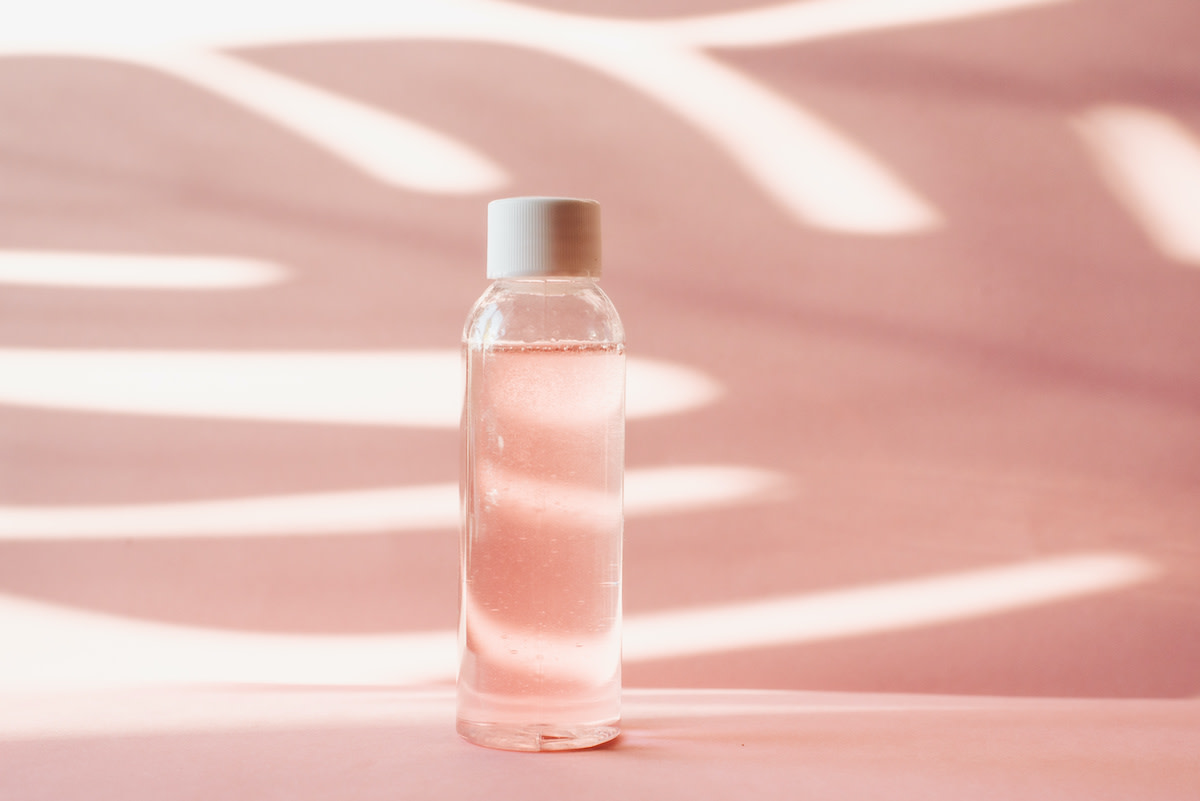Face Toner for Every Skin Type: 6 Uses for Face Toner
Written by MasterClass
Last updated: Jul 15, 2021 • 3 min read
Facial toners, which are essential components of many skincare routines, can help cleanse, moisturize, or even your skin tone.
Learn From the Best
What Is Face Toner?
Facial toner is a liquid skincare product that plays multiple roles as part of a skincare routine. First, it removes impurities left behind by face cleansers. Depending on the product chosen for your skin type, toner hydrates, primes, and soothes skin, so that it can fully absorb moisturizer after cleansing.
Skin toner has evolved over the last 20 years. Previous toners may have contained harsh, astringent ingredients that cleansed but did not provide any moisture benefits. Most face toners today are formulated with ingredients believed to promote healthy skin without drying or irritation.
6 Common Toner Uses
Depending on your skin type, toners may help cleanse, moisturize, or even the appearance of the skin tone. Toners are commonly used to:
- 1. Cleanse: Toner is typically used after a face wash to remove any impurities, residual blackheads, or skin grime missed by your everyday cleanser.
- 2. Reduce pores: Used post-face wash, toner may help tighten skin and minimize the appearance of pores.
- 3. Exfoliate: Toners that contain alpha-hydroxy acids are used to remove dry or dead skin cells, which can help improve dull skin.
- 4. Balance skin pH levels: Washing your face can disrupt the pH balance on the skin because cleansers tend to be overly alkaline. Using toner right after face washing can restore the skin’s pH balance, thanks to the slightly acidic formulation in bost facial toners.
- 5. Even skin tone: For those with skin that has red areas or uneven texture, a toner may help reduce the appearance of uneven skin tone. An exfoliating toner may work for those with bumpy skin; people with red patches should consider a toner for sensitive skin.
- 6. Moisturize: Toners that contain ingredients like aloe, rose, or hyaluronic may give your skin a moisturizing boost after cleansing.
How to Choose a Facial Toner Based on Skin Type
The best toner is one suited to your skin type. Regardless of skin type, dermatologists recommend alcohol-free toner because alcohol can strip the skin of natural oils, leading to dryness and irritation.
- Combination skin: For those with skin that is oily in some areas and dry in others, try a toner that gently combats excess oil while also providing a big boost of hydration. Look for an alcohol-free toner that includes rose water, vitamin C, vitamin E, or glycolic acid.
- Oily skin: If your skin produces excess oil, the right toner may help tighten pores and exfoliate the skin. Look for toners that include tea tree oil, or low concentrations of salicylic acid, beta-hydroxy acids (BHAs), or alpha-hydroxy acids (AHAs).
- Acne-prone skin: For those prone to breakouts, an oil-free toner with salicylic acid may be useful. Alternatively, ask your dermatologist whether they recommend use of a medicated toner alongside medicated skincare products.
- Dry skin: To help hydrate dry skin, look for toners that contain ingredients including hyaluronic acid, cucumber extract, vitamin E, or glycerin. In addition, glycolic acid toners can help deliver dual action of hydration and exfoliation
- Sensitive skin: Choose a toner that contains all-natural ingredients, such as rose water, chamomile, or aloe vera. While dermatologists recommend that all skin types opt for alcohol-free toner, it’s especially important to avoid it if you have dry or sensitive skin.
How and When to Apply Face Toner
Toner is a common part of a daily skincare routine and should be used after exfoliating or washing.
Before applying toner, wash your face and gently pat dry your skin. Then, apply the toner to your face and neck using a cotton pad or cotton ball. Do not rinse the toner off, but let it absorb briefly. Finally, apply your moisturizer or facial serum.
Before Starting a New Skincare Regimen
Individuals experience different levels of sensitivity to ingredients found in various skincare products. To prevent adverse reactions, consult a dermatologist before applying a new product to your skin. This article is for educational and informational purposes only, and is not a substitute for professional medical advice.
Learn More
Get the MasterClass Annual Membership for exclusive access to video lessons taught by the world’s best, including Bobbi Brown, RuPaul, Tan France, and more.
